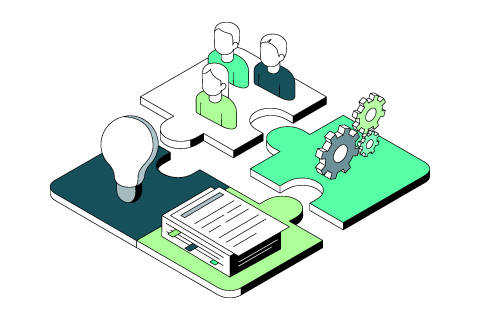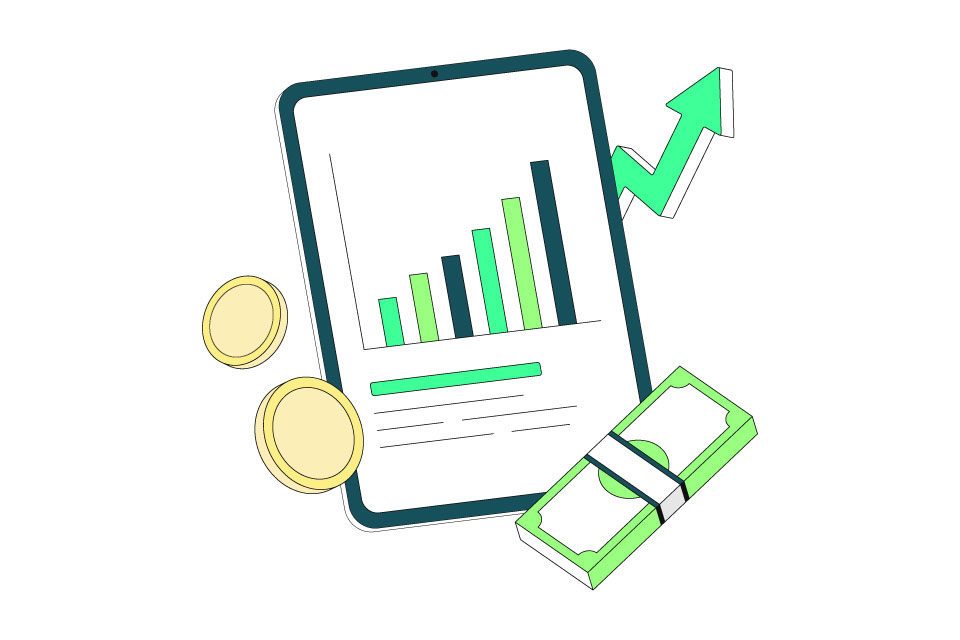
As 2024 draws to a close, I do hope we can all find a moment to reflect on not just the business challenges, but also the successes, innovations and ways of driving up productivity and effectiveness.
Working across such a broad range of industry sectors does provide me with a real understanding and unique insight that not many people get to see and perhaps a greater understanding of where we are seeing real pressures and where we are not leaning into the opportunities to drive up growth.
The BDO Optimism Index shows business confidence has fallen to its lowest level in nearly two years. Europe remains under pressure, and today it was confirmed that GDP contracted in October, the second 0.1% monthly fall in a row, with the crucial services sector registering no growth in the same month. A couple of months’ data is not enough to see whether we have a trend, though it is very clear that business confidence has taken a severe knock immediately following the budget.
As I discussed on BBC Radio 5’s Wake Up to Money this morning, things are undoubtedly tough. But many of the challenges businesses currently face are nothing new. Indeed, the roots of a number of them can be traced to the fallout from the pandemic. And although none of us can accurately predict the nature of such events that lie ahead of us, we can and should make sensible provision for anticipated circumstances.
For me, it reinforces the need to take a longer-term perspective when we scenario plan and prepare our businesses for the business shocks we might expect or otherwise – so anticipating the unexpected is critical. It endorses the need to focus on purpose, understanding why we remain relevant and managing our stakeholders and shareholders accordingly, so they see the importance of long-term impact.
We have each had time to recognise, reflect on, and implement strategies to overcome these challenges – and yet, for the most part, we remain stationary. Lifting ourselves out of this doom spiral is essential, and now is the time for action on this.
Prioritising the customer – and their experience
Even during an economic downturn, service-led businesses that prioritise their customers consistently outperform competitors in terms of loyalty, trust, and growth.
Now more than ever, organisations need to show they genuinely care about delivering value – not just reacting to challenges, but anticipating them to continually enhance the customer experience.
This is especially critical as customers increasingly prioritise experiences over material goods – a trend that was accelerated by the pandemic – but doesn’t show any signs of slowing even through the economic challenges of today.
Yet, with customer service at its lowest level in 14 years, it is clear many businesses are struggling to keep pace.
As leaders we must, therefore, prioritise and enhance our customer proposition – not just as a means of keeping customers happy, but also to differentiate themselves and come out on top in the increasingly tough battle for consumer spending.
Keeping one eye on the horizon
So, how can businesses adapt to shifting consumer preferences during times like these? Successful companies plan ahead, evolving their strategies to balance short-term volatility with long-term market trends.
Central to this is building a resilient customer experience framework – one that provides stability and reliability, even in uncertain times. By analysing customer needs and behaviours, and staying on top of emergent trends, businesses can anticipate and address pain points proactively, avoiding unnecessary escalation.
Technology also plays a crucial role. Even in cost-cutting environments, investment in technology will likely remain substantial. It is essential that such tools are implemented thoughtfully to enhance, not hinder, the customer experience and certainly not as a mechanism on their own to drive efficiencies.
Trading through
The best-run businesses understand that success is built on foresight, not just reacting to changes but preparing for them in advance.
While today’s economic environment presents a plethora of challenges, the businesses that are best placed to thrive will be those that stay focused on the horizon, not just the immediate obstacles.
It is the strong customer relationships – often built through difficult times for businesses and customers alike – that pay dividends in the long term – allowing them to confidently trade through these challenging times and emerge stronger on the other side.


